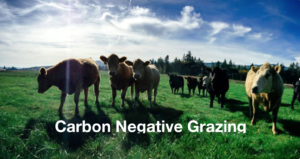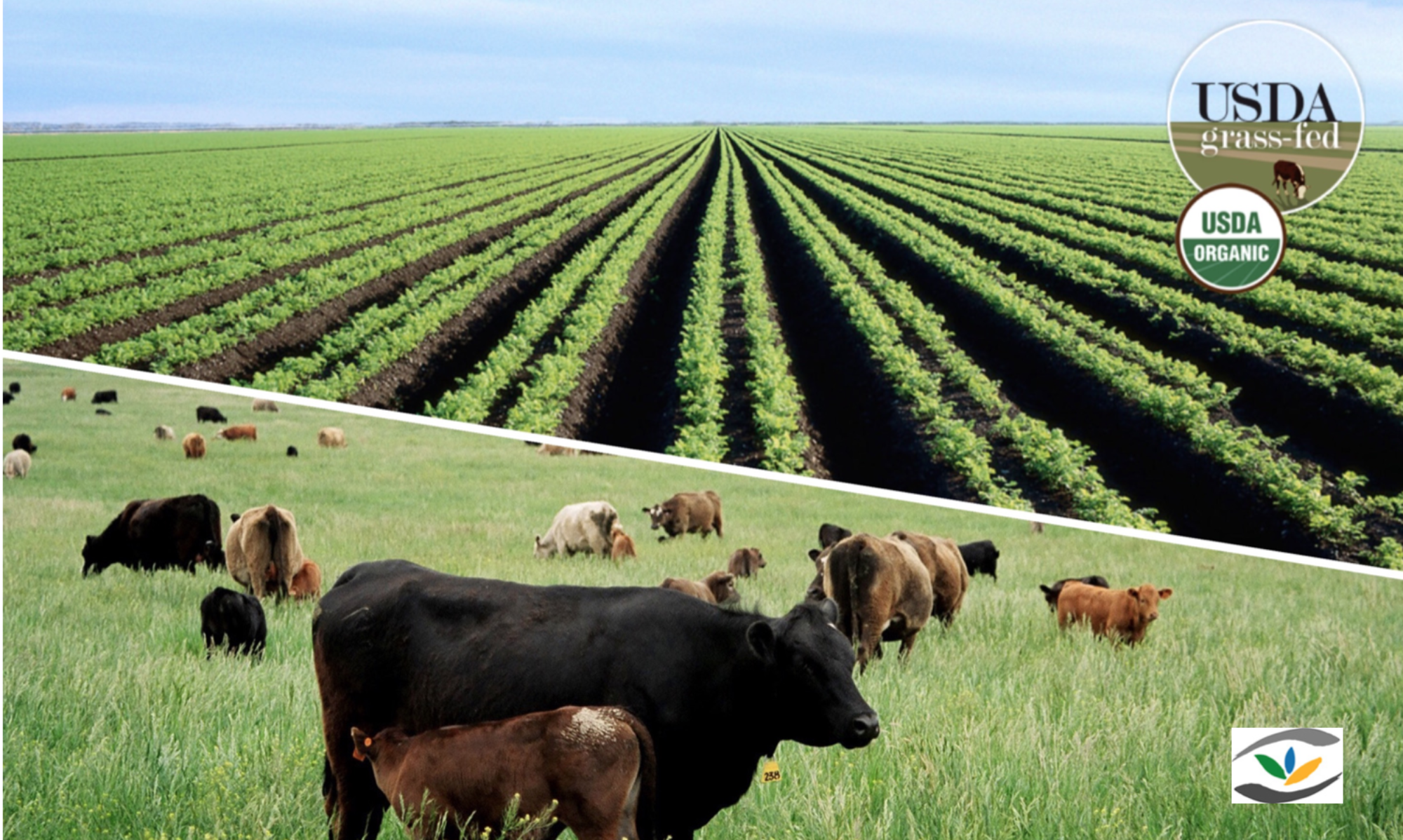This five-year study from Michigan State University shows that regenerative grazing practices resulted in significant net reductions in greenhouse gas emissions.
 Scientists measured total methane and carbon emissions from a regenerative grazing operation. They also measured increases in organic matter and nitrogen in the soil. They compared their data to findings from prior studies on cattle feedlots (CAFO’S). The analysis showed a significant reduction in greenhouse gas omissions under the regenerative grazing system. The soil absorb enough carbon to cancel out methane emissions.
Scientists measured total methane and carbon emissions from a regenerative grazing operation. They also measured increases in organic matter and nitrogen in the soil. They compared their data to findings from prior studies on cattle feedlots (CAFO’S). The analysis showed a significant reduction in greenhouse gas omissions under the regenerative grazing system. The soil absorb enough carbon to cancel out methane emissions.
“The carbon sequestration rate allowed us to turn a carbon positive into a carbon negative compared to the most common management system in the finishing face.” -Paige Stanley, lead researcher, MSU
“Regenerative grazing provides ‘countless other ecosystem services including improved biodiversity, erosion control, increased soil water holding capacity, and greater drought resilience.’”-Christine Jones, Soil Ecologist
Read the study here:
https://www.sciencedirect.com/science/article/pii/S0308521X17310338

